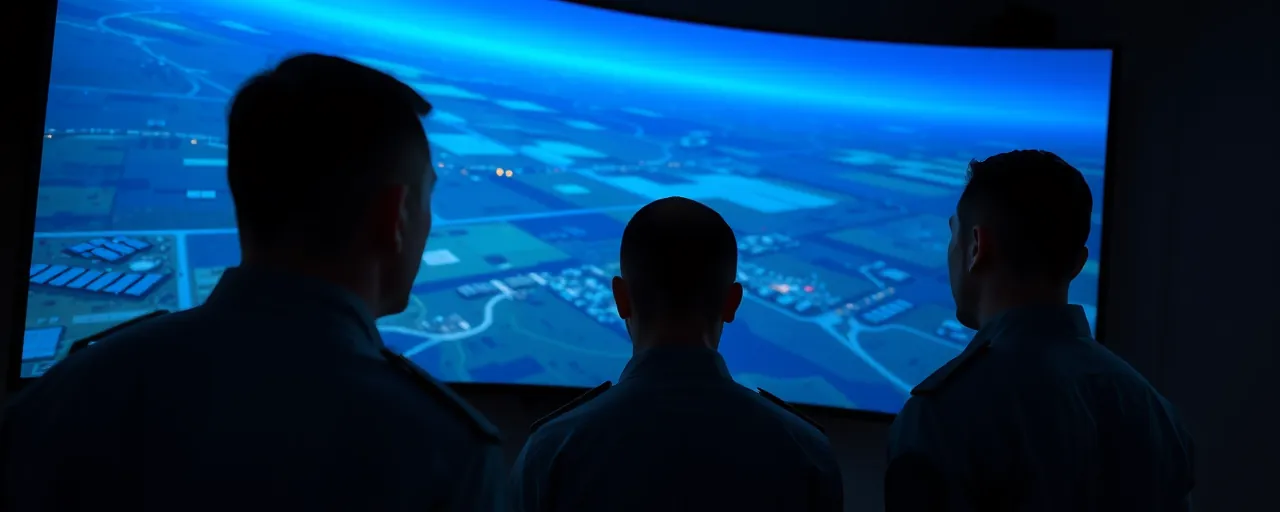Why Brain Health Matters
Service members rely on sharp minds to navigate complex missions and intense training. Their ability to focus, remember details, and make quick decisions shapes their success and safety. The Department of Defense has introduced the Warfighter Brain Health Initiative to protect these cognitive skills, aiming to detect changes early and keep personnel at peak performance.
This program signals a shift in how the military views health, placing mental agility alongside physical strength. By monitoring brain function over time, the initiative seeks to catch issues before they grow, offering timely support to maintain readiness and quality of life. For readers new to this topic, it’s a clear sign of the military’s investment in the long-term well-being of those who serve.
A System to Monitor Cognition
The Cognitive Monitoring Program lies at the core of this effort, using computer-based tools to assess how service members think and process information. These tools evaluate ten key areas, such as attention and memory, while also collecting data on sleep, mood, and stress. Since June 2024, every new recruit completes an assessment during initial training, with follow-ups planned every five years or after potential injuries.
For current service members, the focus is on those at higher risk, like personnel exposed to weapon blasts. By September 2025, these groups will have baseline assessments, with the entire force covered by 2027. This system allows medical teams to track changes against an individual’s starting point, enabling precise interventions to restore cognitive function.
Even initial assessments provide immediate insights. Results are compared to peers of similar age and gender, highlighting potential concerns right away. For instance, a service member affected by poor sleep might show early signs of cognitive strain, prompting support to address the issue before it worsens.
Confronting Blast Overpressure
One of the biggest threats to brain health is blast overpressure, the intense pressure waves from exploding weapons. Frequent exposure, whether in training or combat, can harm cognitive and physical abilities, slowing reaction times and impairing judgment. Recent studies from 2024 confirm that repeated blasts lead to chronic brain inflammation and weakened connections in areas tied to memory and decision-making.
To counter this, the Department of Defense is pinpointing at-risk groups based on specific tasks, not just job titles. The Blast Overpressure Reference and Information Guide offers practical recommendations, like safe stand-off distances, to reduce exposure while keeping missions on track. Training simulators, already used by the Marine Corps and Ranger Regiment, further limit blast risks while sharpening skills.
Weighing Benefits and Challenges
The initiative’s potential to enhance readiness is significant, but it comes with ethical considerations. Some military ethicists highlight the difficulty of ensuring informed consent in a chain-of-command structure, raising questions about how cognitive data is protected and who can access it. Clear policies and strong encryption are critical to respecting service members’ privacy while pursuing health benefits.
Policymakers focused on veteran care argue that brain health programs should connect to robust support systems for those leaving service, ensuring long-term cognitive issues are addressed. Others, prioritizing budget discipline, advocate for focused health investments that directly enhance mission capability, wary of broad, costly programs.
A Path Forward
The Warfighter Brain Health Initiative blends cutting-edge technology with a commitment to service members’ health. Tools like AI-driven cognitive tests and portable assessment devices are paving the way, with applications beyond the military in fields like emergency response and healthcare. These advancements reflect a broader push to prioritize brain health in high-pressure roles.
For the program to succeed, trust is key. Service members need confidence that their data is secure and the assessments serve their well-being. Transparent communication about the initiative’s goals and safeguards will help build that trust, ensuring its benefits reach those who need them most.
This effort carries lessons for everyone. It shows that protecting mental sharpness is vital in any demanding job, from the battlefield to the hospital. By taking proactive steps, the military is not only safeguarding its people but also setting an example for how to value and preserve cognitive health in challenging environments.
